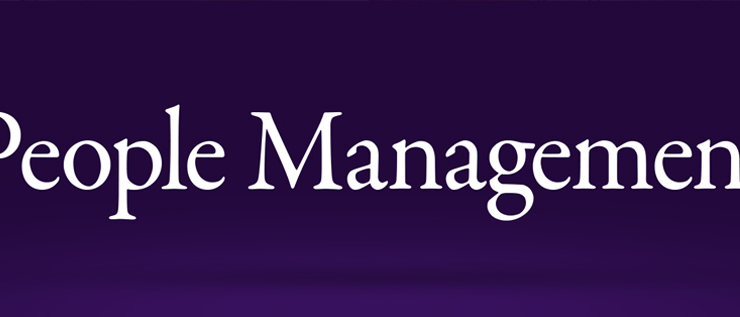The Trades Union Congress (TUC) recently reported that two-thirds of zero-hours workers have stayed with the same employer for over a year; a figure that raises important questions about fairness, flexibility and the future of employment practices.
Gemma Bullivant, HR consultant and executive coach, shared her thoughts with People Management on why this issue is more complex than it might first appear.
“While I fully understand why some organisations rely on zero-hours contracts, especially in sectors where demand is unpredictable, it’s clear that the benefits often fall disproportionately on the employer,” she explained. “These contracts allow businesses to manage costs and scale their workforce quickly, without the long-term financial commitments that come with fixed contracts.”
But there’s a significant downside. For many workers, this flexibility isn’t a benefit, it’s a source of financial instability. It creates a dynamic where employers enjoy adaptability, while employees carry the burden of unpredictability, often struggling to meet basic household expenses.
While some do value the ability to choose shifts around other commitments, for many, the reality is a clear imbalance of power. Employers benefit from flexibility, while employees are often left carrying the financial risk, simply to cover basic living costs.
As legislation evolves to address one-sided flexibility, it’s essential that businesses consider how their employment practices align with both operational needs and ethical responsibility. A fair, transparent approach to flexibility can still work, but it has to work for everyone.
My advice to HR teams to help build fairness and accountability with zero-hour contracts:
- Review your use of flexible contracts regularly. Ask whether they’re still serving the right purpose, both for the business and for the individuals affected.
- Build in safeguards where possible. Consider minimum guaranteed hours, clearer notice periods, or partial compensation for cancelled shifts to help balance the risk.
- Make communication a priority. Clear, timely communication with workers helps reduce anxiety and shows respect for their time and needs.
- Use workforce data to identify patterns. Monitor how flexible contracts are used across teams and ensure they’re not creating unintended inequity or inconsistency.
When implemented thoughtfully, flexible working models can support both agility and fairness, but they require intentional planning and regular scrutiny to get right.


